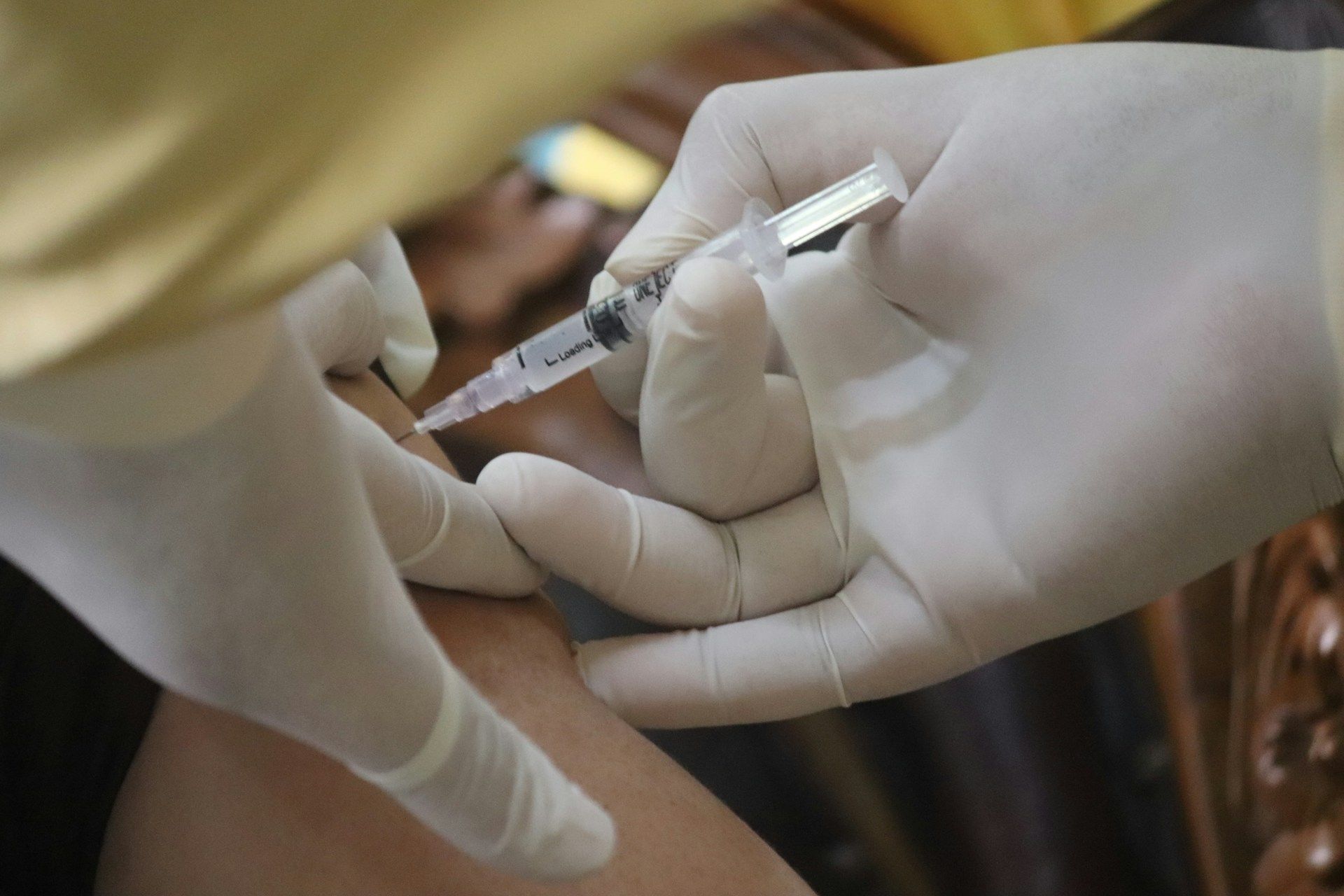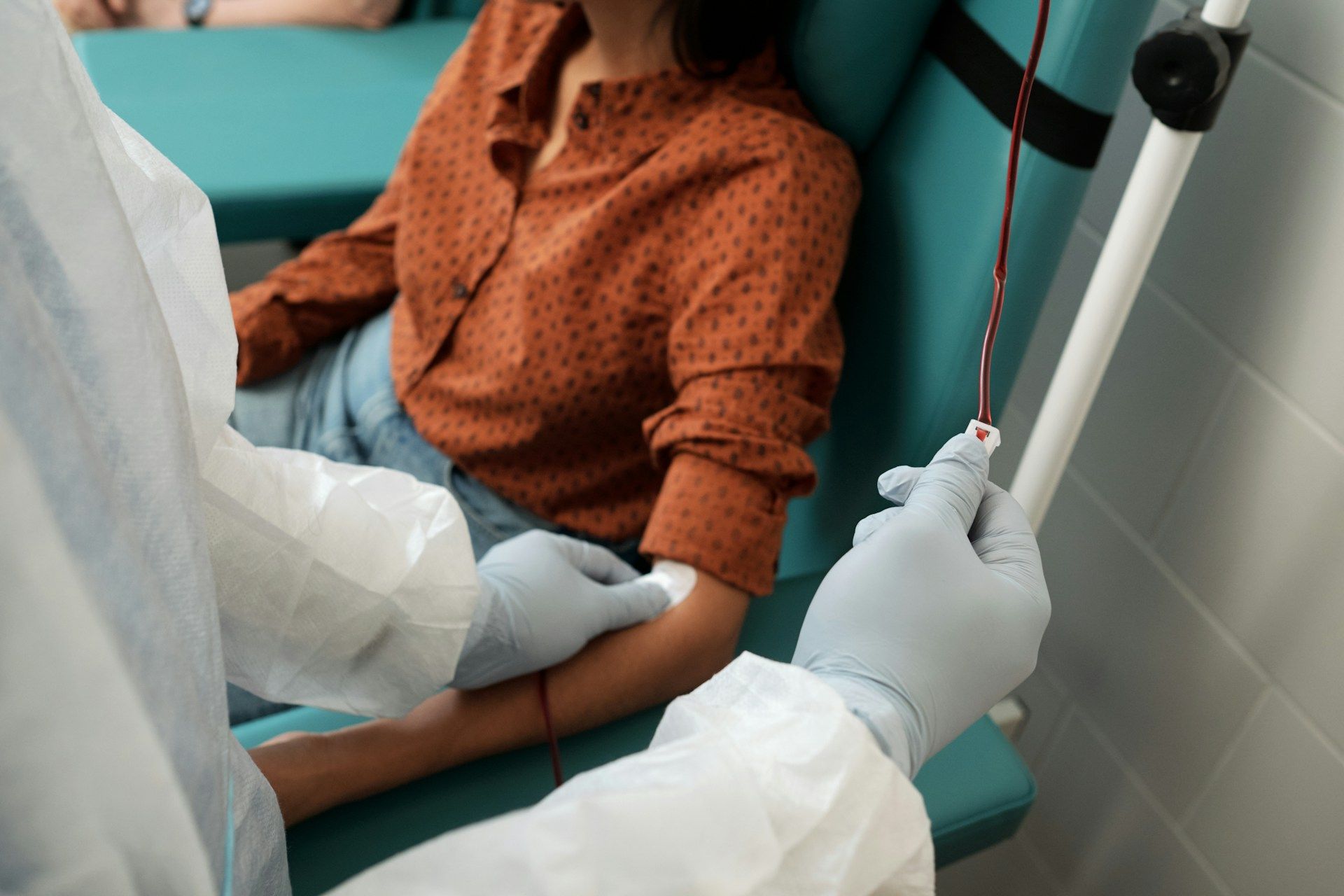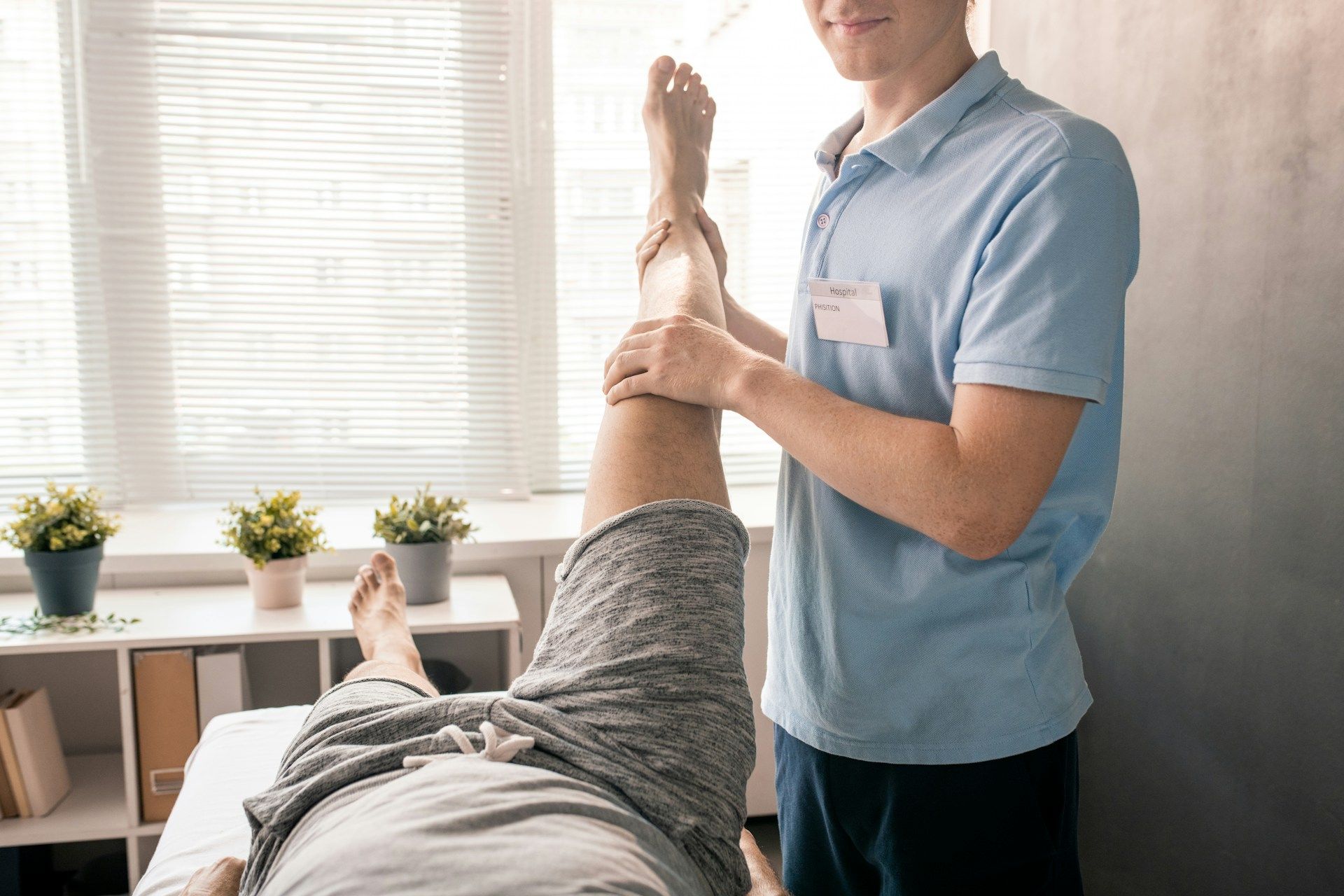Natural Solutions for Peripheral Neuropathy Pain in 2025
Peripheral neuropathy is a condition that results from damage to the peripheral nerves, leading to symptoms like tingling, numbness, and discomfort. These nerves connect the brain and spinal cord to the rest of the body, playing a crucial role in everyday activities. When these nerves are damaged, it can disrupt normal sensations and cause pain, especially in the hands and feet.
Common causes of peripheral neuropathy include diabetes, certain infections, and traumatic injuries. Early diagnosis is key to managing symptoms effectively, as untreated neuropathy can result in increased pain and reduced mobility. The impact on daily tasks, like walking or holding objects, can be significant, making it hard to maintain a regular lifestyle.
Understanding the condition and knowing how to manage it can make a big difference for those affected. From identifying symptoms early to exploring various treatment options, managing peripheral neuropathy involves a multi-faceted approach.
Whether through medical treatments or lifestyle adjustments, finding relief is possible, allowing individuals to live more comfortably and actively.
Understanding Peripheral Neuropathy
Peripheral neuropathy affects the peripheral nerves, which are essential for transmitting signals between the brain, spinal cord, and the rest of the body. When these nerves are damaged, it can result in a range of symptoms, from mild discomfort to severe pain and mobility issues. The condition often disrupts everyday tasks, making simple actions like walking or handling objects challenging.
There are several common causes of peripheral neuropathy. Diabetes is the most prevalent, as high blood sugar levels can harm nerve fibers throughout the body. Other causes include infections such as Lyme disease, shingles, and hepatitis C, which can lead to nerve inflammation and damage. Traumatic injuries, whether from accidents or repetitive stress, also pose a significant risk by directly damaging nerves.
Living with peripheral neuropathy can heavily impact daily life. Those affected might experience varying degrees of pain and discomfort that can limit their ability to engage in regular activities. Besides physical pain, the emotional toll can be significant, leading to frustration or depression due to restricted mobility.
Understanding these impacts highlights the need for effective management strategies to help individuals maintain their quality of life.
Identifying Symptoms and Risk Factors
Recognizing the symptoms of peripheral neuropathy early is crucial for effective management. Key symptoms include:
- Tingling or prickling sensations in the hands or feet
- Numbness that can spread to the arms or legs
- Sharp, burning, or throbbing pain
- Muscle weakness or lack of coordination
These symptoms may vary from person to person and can change in intensity over time. Identifying them early can help in seeking timely medical advice, which is essential for preventing further nerve damage.
Certain risk factors increase the likelihood of developing peripheral neuropathy. These include:
- Chronic diseases like diabetes
- Excessive alcohol consumption
- Genetic predispositions
- Exposure to toxins, such as heavy metals or chemicals
- Vitamin deficiencies, especially B vitamins
Understanding these risk factors can help individuals take preventive measures. Early detection through regular check-ups is vital, particularly for those with high-risk profiles. Managing these underlying issues is essential to minimize the symptoms and halt progression. By focusing on these aspects, people can better tailor their lifestyle and treatment choices to improve outcomes and manage their condition effectively.
Non-Medical Approaches to Alleviate Symptoms
For those dealing with peripheral neuropathy, making simple lifestyle changes can greatly alleviate symptoms. Integrating regular exercise into your routine can enhance blood flow, reduce nerve pain, and improve muscle strength. A healthy, balanced diet is also crucial. Eating plenty of fruits, vegetables, whole grains, and lean proteins can help maintain nerve health.
Alternative therapies offer additional avenues for relief. Acupuncture, for instance, is known to help stimulate nerves and improve symptoms. Massage therapy may also reduce discomfort by relieving muscle tension and enhancing circulation. These techniques not only ease physical ailments but also promote relaxation and overall well-being.
Managing stress is another key element in reducing symptom severity. Techniques such as meditation, deep breathing exercises, and yoga can reduce stress, potentially lessening the impact of neuropathy symptoms. By lowering stress levels, the nervous system can function more effectively, allowing individuals to handle the challenges of the condition with greater ease.
Medical Treatment Options and Advances
Medical treatments for peripheral neuropathy focus on relieving symptoms and tackling underlying causes. Pain management medications play a significant role in easing discomfort. Nonsteroidal anti-inflammatory drugs (NSAIDs) can help with mild pain, while more severe cases may require prescription medications like anticonvulsants or antidepressants, which help by altering nerve signal transmission.
Regenerative medicine is becoming an increasingly popular method for treating peripheral neuropathy. Platelet-Rich Plasma (PRP) therapy, for example, utilizes components from your blood to promote healing and reduce nerve pain. This innovative treatment aims to repair damaged nerves naturally, offering a promising alternative to traditional pharmaceuticals.
In recent years, advancements in treatment options have opened new doors for patients. Neurostimulation techniques, such as transcutaneous electrical nerve stimulation (TENS), can block pain signals by delivering small electrical impulses to affected areas. These cutting-edge therapies provide hope for those seeking effective, long-term solutions for neuropathy pain.
Conclusion
Managing peripheral neuropathy involves exploring a combination of lifestyle changes, alternative therapies, and medical treatments. By taking a proactive approach, individuals can significantly reduce their symptoms and improve their quality of life.
Understanding the causes and symptoms early on is crucial for proper management and prevention of further complications. With ongoing advancements in medical treatments, there is hope for more effective solutions that can address the underlying issues of peripheral neuropathy.
At Apollo Spine and Pain Center, we offer comprehensive treatment plans tailored to the needs of each patient. Our expertise in pain management, including cutting-edge therapies, provides a path to relief and lasting comfort.
If you or a loved one is struggling with peripheral neuropathy, reach out to us today to learn how our pain management intervention in Cumming, GA, can help you regain control of your life and improve your well-being.












